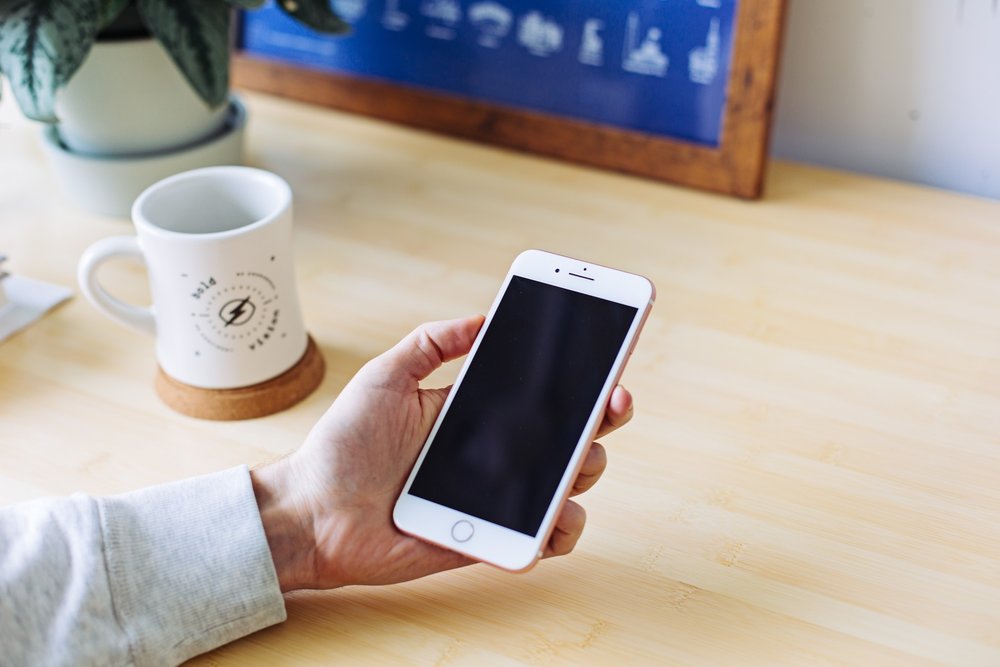Our expectation.
I was in 6th grade when I saw the first commercial for an iPhone. Apple, in the most simple and powerful way possible, showcased a tool that would change the world. Since its release, the market for smartphones, tablets, and laptops has sky-rocketed – obviously.
What may not be as obvious is the way in which this technology has caused an expectation of connection in almost every aspect of our lives. We’ve grown accustomed to the ability to stay updated with the world constantly – regardless of where we are.
The anticipation.
The weeks leading up to college are full of energy and excitement. New elements of freedom, the opportunity to dive deeper into a subject you’ll make a career out of, and a new network of friends and resources.
I went to Ball State in Muncie, IN. A public school with over 16,000 students best known for two alumni: David Letterman and Papa John.
I studied marketing which was a part of the journalism department – a top rated program in the country. Because of that, we had rooms full of 28 inch Mac monitors, 100+ inch TV’s and million dollar studios for reporting majors. Being in such highly regarded program with cutting edge technology led me to feeling ‘at home.’ All the amazing technology I had become accustomed to in my personal life was exactly the same in my university – or so I thought…

Becoming disconnected.
Everything felt right until I had my first class assignment due through Blackboard. The tool was overwhelming and cluttered and made it hard to prioritize my work. Confused at first, I quickly realized Blackboard was the hub for all campus, event and coursework communication. Nothing was tailored to my personal interests or specific studies, which was different than all other technology in my life.
I started to feel disconnected because of the overload of updates about irrelevant events. Within the first month I was feeling a little lonely and confused about why I came to college in the first place. The anticipation of a new network of friends had become anxiety as to why it wasn’t happening more quickly.
The result.
After a while I found a good group of friends that could empathize with my feeling of disconnectedness. It took less than a couple of months to develop enough frustration with blackboard and the other university systems provided to us, before we did what everyone does: turn to Facebook.
While Facebook worked as a great tool connecting people to events happening off campus, it didn’t nurture the true university experience. It was a partial solution – a quick fix.
I graduated in 3 and a half years. The feeling of loneliness and difficulty connecting with the right people and events led to the quickest graduation date possible. Universities have to start offering better programs and technology to connect their community. A culture of disconnectedness is no longer ok.

